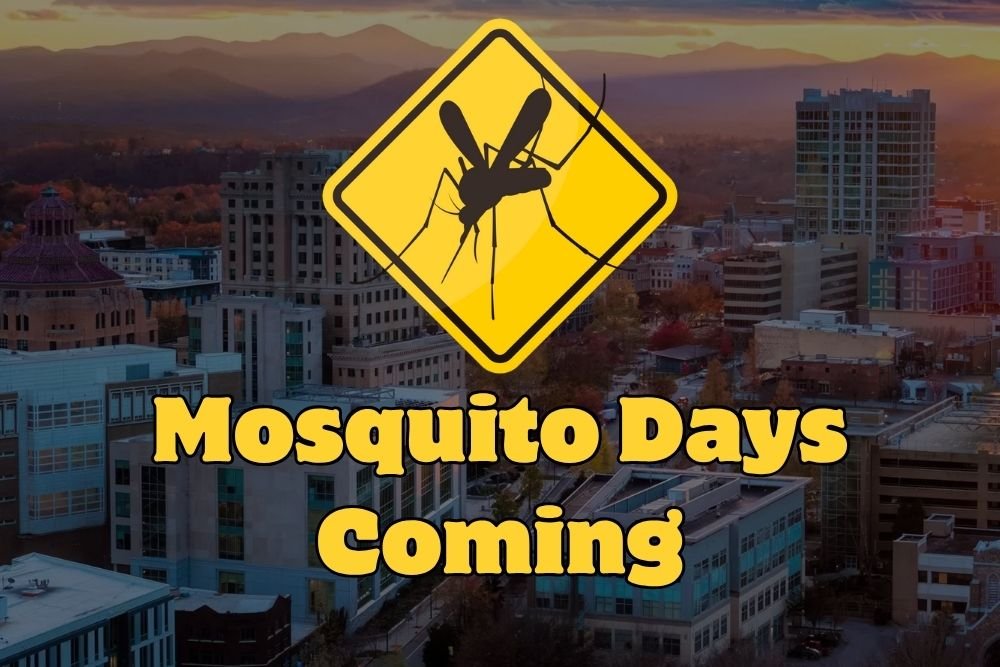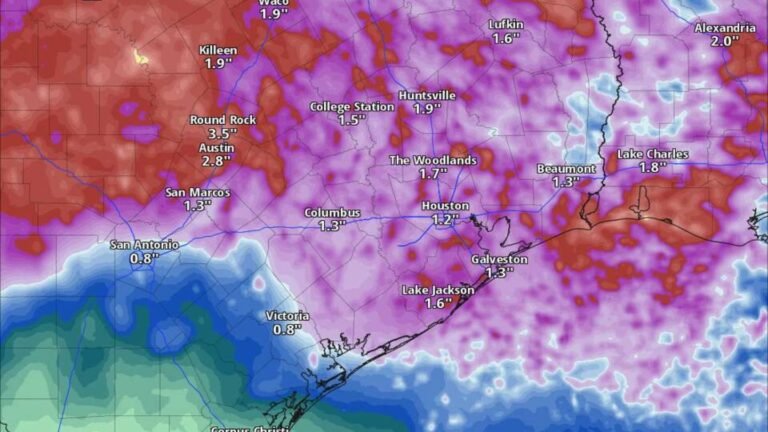Experts Warn of Rising ‘Mosquito Days’ in North Carolina as Heat Streak Becomes Second Longest on Record
WILMINGTON, N.C. — Health and climate experts are warning North Carolina residents about a sharp increase in so-called “mosquito days” after one of the state’s longest stretches of warm nights on record — conditions that could heighten the risk of mosquito-borne diseases.
Rising Heat and Health Risks
The warning comes as 2024 was officially recorded as the world’s hottest year, and 2025 is on track to match or surpass it, according to NOAA. The record heat has brought significant impacts to the Southeast, where warmer temperatures are changing rainfall patterns and extending the breeding season for insects that carry viruses like West Nile and Zika.
A report by StarNews Online noted that Wilmington’s average low temperature stayed above 70°F for 58 consecutive days, marking the second-longest streak in city history since records began in 1874.
‘Mosquito Days’ Are Increasing
The number of days when heat and humidity levels allow mosquitoes to thrive — known as “mosquito days” — has grown dramatically in recent years. Wilmington now averages 221 mosquito days per year, an increase of 11 days since 1979, according to the StarNews report.
These extended hot and wet conditions create ideal breeding grounds for mosquitoes, ticks, and other disease-carrying insects. “Hot weather and standing water are a perfect combination for insects to breed and spread viruses,” experts said in coverage by The Cool Down.
Expanding Disease Threats
Scientists from the National Library of Medicine have confirmed that rising temperatures, altered rainfall patterns, and pollution are expanding the range of disease vectors. Insects once limited to subtropical regions are now spreading farther north as climates shift, introducing new risks to communities across North Carolina.
Officials are monitoring the situation closely after the state reported its first West Nile virus case of 2025 in July, according to the North Carolina Department of Health and Human Services.
Steps to Protect Yourself
Health officials recommend several steps to limit exposure and reduce mosquito breeding:
- Use EPA-approved insect repellents on exposed skin.
- Wear long, loose-fitting clothing when outdoors, especially near dawn and dusk.
- Remove standing water from containers, puddles, or clogged gutters where mosquitoes can breed.
The North Carolina Climate Risk Assessment and Resilience Plan, developed in 2020, also outlines broader efforts to restore forests, manage floodplains, and expand renewable energy to help reduce long-term environmental risks. Full details are available through the NC Department of Environmental Quality.
Addressing the Bigger Picture
Experts stress that while personal prevention is key, larger climate action remains crucial. Cutting greenhouse gas emissions and transitioning to clean energy sources like solar and wind can help reduce the extreme conditions fueling longer mosquito seasons and disease spread.
North Carolina residents are urged to stay aware of local health alerts and take precautions during outdoor activities, especially as warm, humid conditions persist through fall.
How are rising temperatures affecting your community? Share your thoughts and experiences in the comments and stay updated with SaludaStandard-Sentinel.com for continuing coverage of health and climate news.







